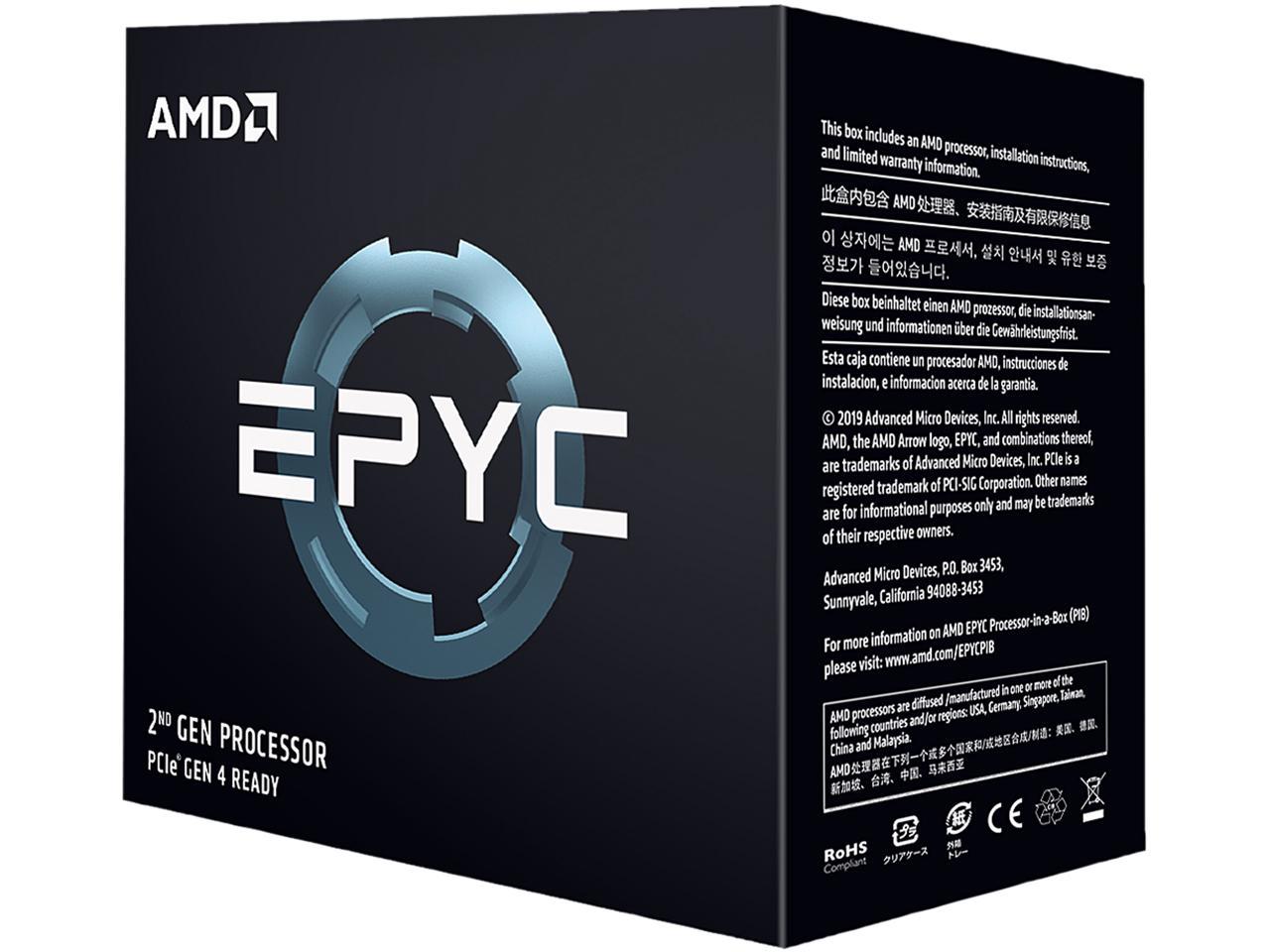Anytime you lose double digit market revenue %, and your rival gains double digit revenue %, that's punishing.
Intel are on track to lose double digit revenue and AMD gain double digit revenue. You can't tell me that's not punishing. Over time that quickly eats your profitability. And Intel is fat around the gut with operating cost.
Good post! Absolutely. Intel is getting clobbered on the desktop and the desktop ASPs--all down considerably. It makes no sense at all to think the pandemic slowed down Intel even while AMD's pandemic business shot through the roof. No sense at all. Even looking at Intel's notebook share, that's dropping as well along with laptop CPU ASPs. And AMD is only now getting warmed up! Hasn't hit its stride yet, by any means. AMD income is set to at the very least
double with buying Xilinx--a fantastic deal all around for both companies, imo. Depending on the products the combined companies produce--their combined incomes may triple what they were doing separately--or even quadruple it, as opposed to merely adding what each company is doing now together, etc.
People are weird when it comes to Intel--they talk about the money Intel is making when
they should be looking at all the dough AMD is raking in--that's all money
a part of which at least (if not all) would belong to Intel--
except for AMD. AMD is getting it; Intel isn't. People get bullheaded about Intel--I don't understand it, either. In the final analysis, whether it's Intel or it's AMD,
he who makes the best products wins. He who makes the best products long term wins long term. The world will, most assuredly, beat a path to your door if you offer
a better mousetrap. I don't know of a time in the history of either company when that wasn't true. Intel was able to leverage market dominance at the turn of the century to be able to actually pay companies like Dell specific and large sums simply
not to sell AMD. I've seen figures wherein Intel's direct subsidies paid to Dell actually kept Dell solvent for a couple of quarters in those days! Thankfully, none of that applies today!
AMD has no intention of slowing down product development--so Intel isn't going to get a
couple of years of AMD remaining stagnant in order to catch up and pass AMD, as happened after the Athlon and the A64/Opteron. That's not in the cards.
It might even be that Intel will decide to get out of the high-performance CPU business, sell off some FABs, and concentrate on some different aspects of the chip and PCB business than what the company has traditionally involved itself with. The Intel execs have commented about that very thing several times, already, in just the last year--ever since they have so clearly dropped behind AMD technically and publicly. That's likely just an apology, though, to their stockholders--for getting thrashed so publicly for the last year. Mind share directly correlates to market share, and AMD is all over Intel in the category. Really, Zen 2 as of just 16 months ago was the first time that AMD had moved out
indisputably ahead of Intel in multi-core performance ( Zen1/+ were nice products, no question), but Zen 2 was where the AMD jewels really began to shine, imo. Multi-core performance, of course, is the new paradigm through which CPU performance will be. and shall be judged from now on. Now comes Zen 3 in a few days, and AMD is jumping even further ahead. Zen 4, Papermaster says, is already in design! AMD at present is a
production and execution dynamo that Intel cannot match--ergo, AMD's stock shot up and away from Intel's, for the first time (and surely not the last...
😉)
The really, really big difference between AMD and Intel, as I see it,--a
huge difference, is that as a company, AMD, since its inception, has always of necessity been a highly competitive company. The company is honed to a razor's edge to compete--it's a
lean, mean, engineering machine, as I see it. For AMD the "compete or die" metric has always been a fact of life. OTOH, Intel has never in its existence had to compete with another company or else...or else face a quick annihilation if it couldn't come out on top in a reasonable amount of time. Intel simply doesn't really know how to exist in an environment in which neck-in-neck competition is the daily norm. The two companies could not be more different in that regard. I expect it may well be that Intel will compete with AMD for several years into the future before it will best AMD again in the x86 CPU performance arena. Then again, there may be nothing so rosy as that in store for Intel as time goes on.
Much is happening right now right before our eyes in the CPU technology industry.
--Well, look at this! Sorry I got wound up here...
😉 I've only gone about
three paragraphs more than I intended!



